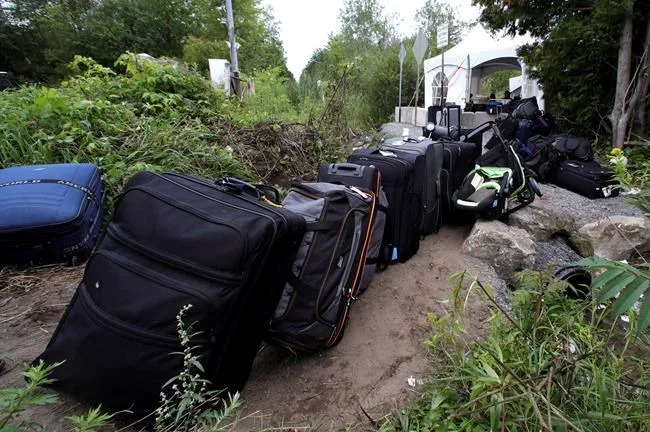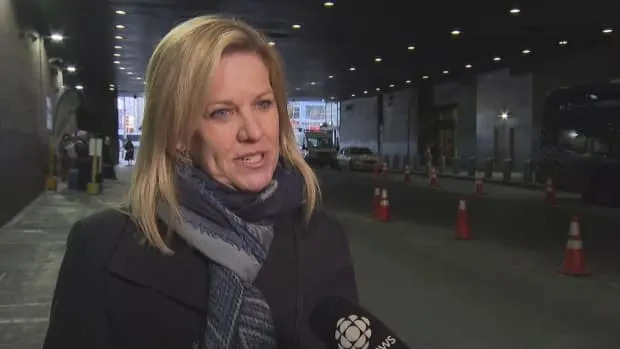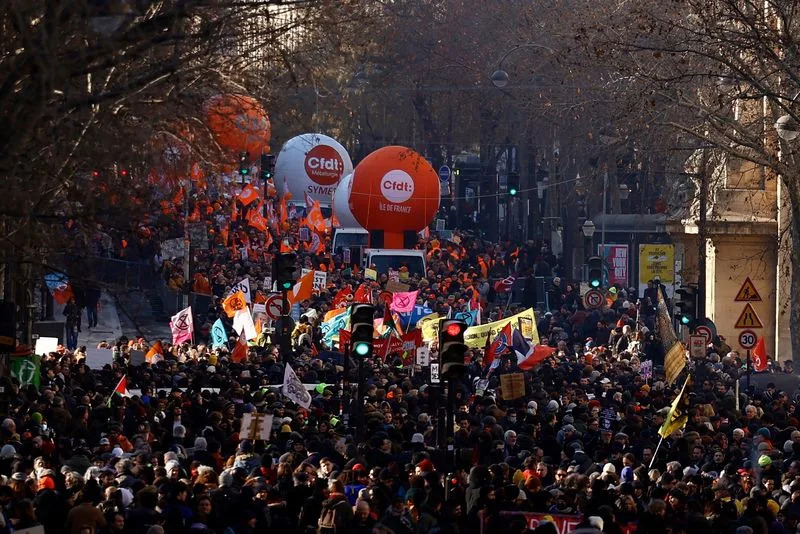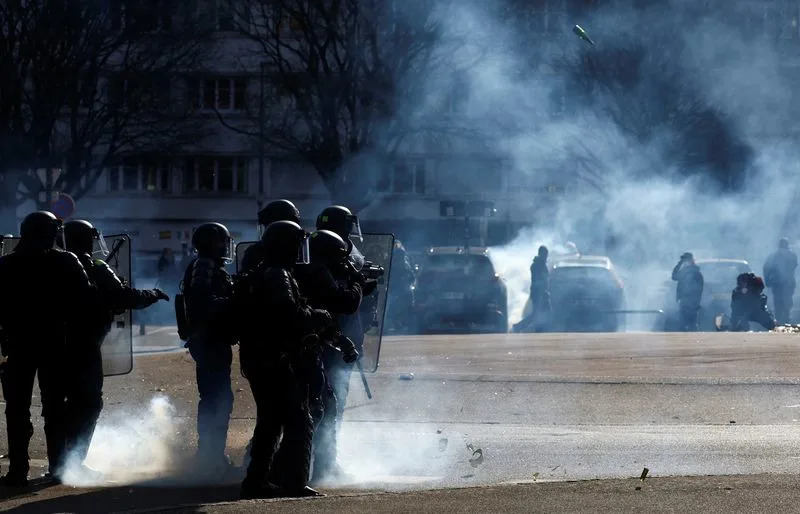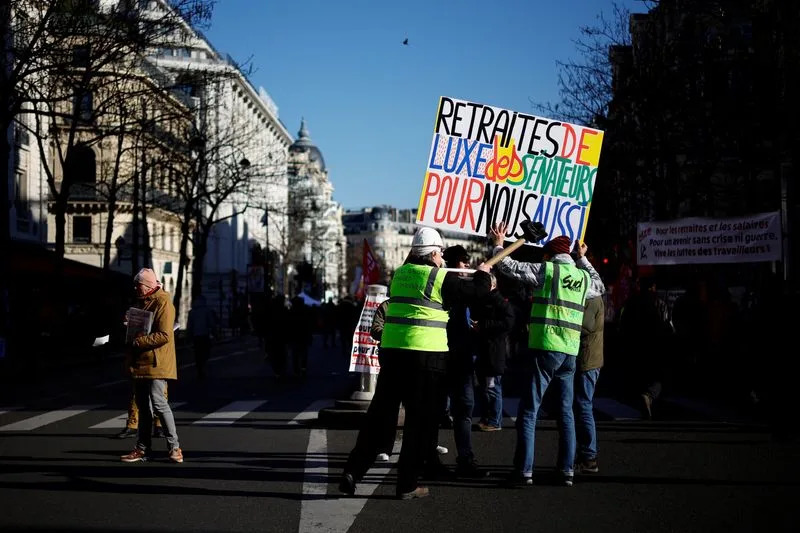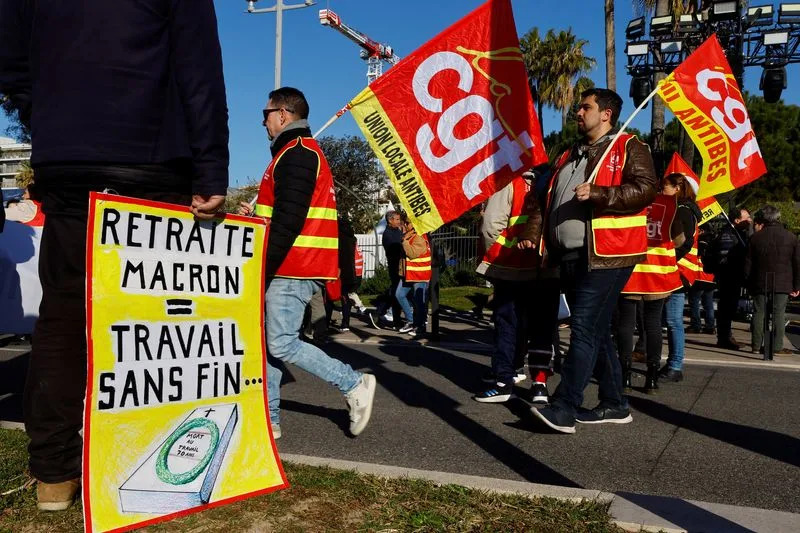Mon, February 6, 2023
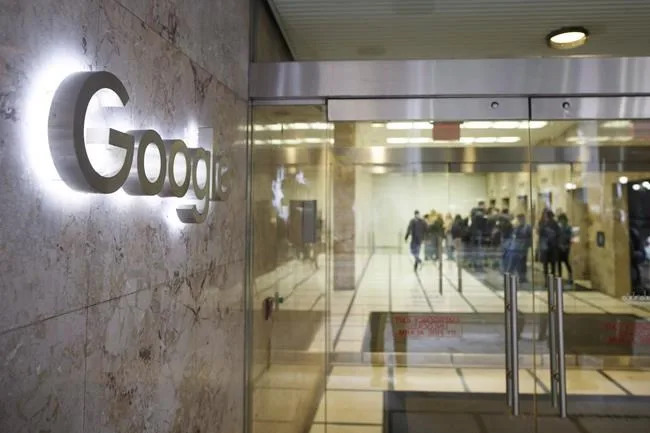
TORONTO — Canadian Google employees affected by recently announced job cuts were being told Monday whether they have been laid off.
Google Canada spokesperson Lauren Skelly confirmed in an email that notifications were being sent to staff impacted by the cuts announced last month.
Skelly wouldn't say how many Canadians are due to be laid off and in what departments or cities they work, but said Canada remains an important and priority market for Google.
However, LinkedIn posts showed software engineers and user experience designers in Kitchener, Ont. were among those that lost their jobs.
Sundar Pichai, the chief executive of Google and parent company Alphabet, told staff in mid-January that his company would be laying off 12,000 workers.
"Over the past two years we’ve seen periods of dramatic growth," he said, in a blog post revealing the cuts.
"To match and fuel that growth, we hired for a different economic reality than the one we face today."
The reality that materialized pushed him to undertake a "rigorous" review across product areas and functions to ensure roles are aligned with the company's top priorities.
"The roles we’re eliminating reflect the outcome of that review," Pichai said. "They cut across Alphabet, product areas, functions, levels and regions."
Within days of his announcement, Google shared that it would close the Edmonton office owned by its artificial intelligence subsidiary DeepMind.
The U.K.-headquartered subsidiary plans to consolidate its remaining operations, but maintain its Montreal and Toronto offices, which are located within Google-managed buildings.
Researchers at the Edmonton office have been offered the chance to relocate to another DeepMind site, Skelly said.
Other companies that have laid off staff or reorganized operations in recent months as investor and economic sentiments shift include Shopify, Netflix, Amazon, Wealthsimple, Clearco and Hootsuite.
Layoffs aggregator Layoffs.fyi counts 94,838 staff across 297 global tech companies who have been laid off already this year.
This report by The Canadian Press was first published Feb. 6, 2023.
Tara Deschamps, The Canadian Press
